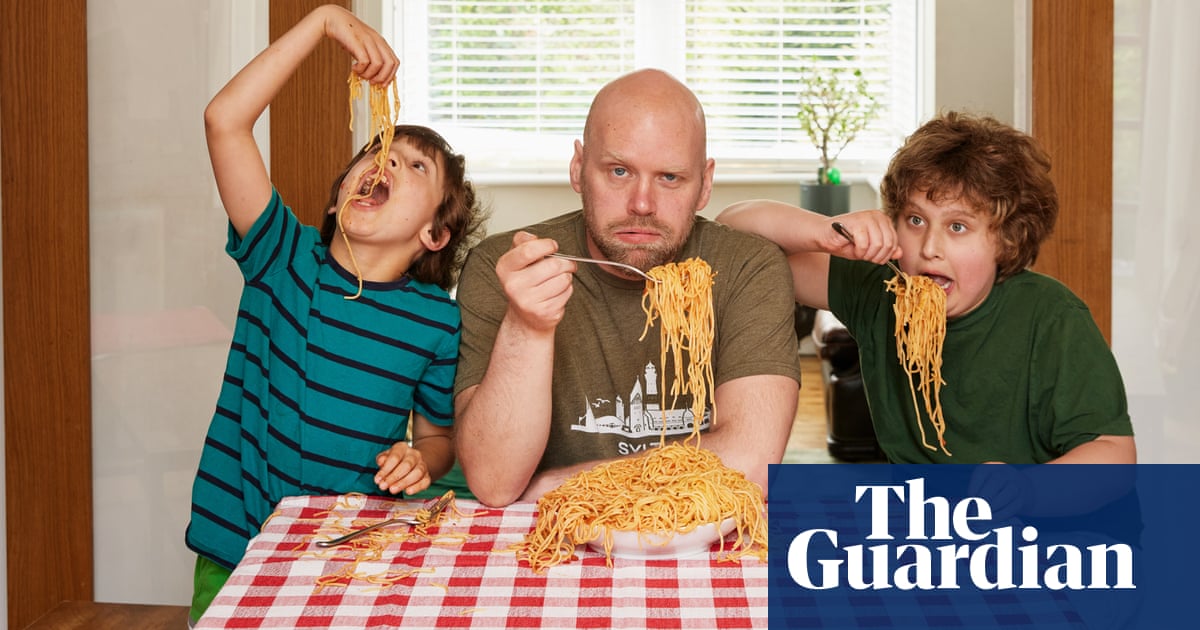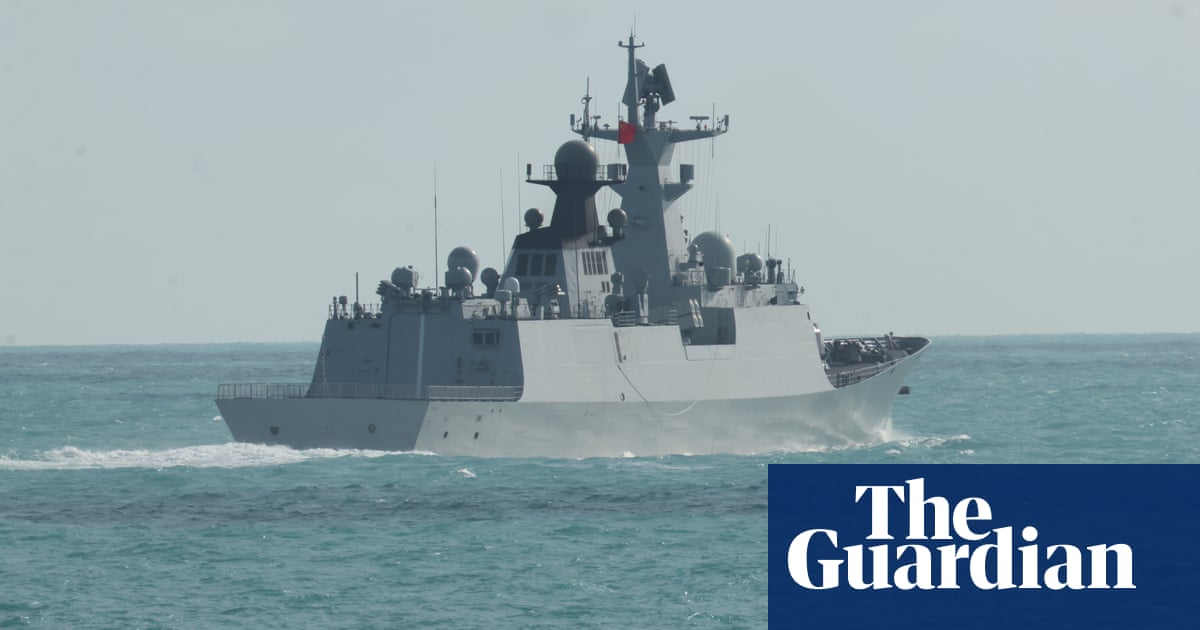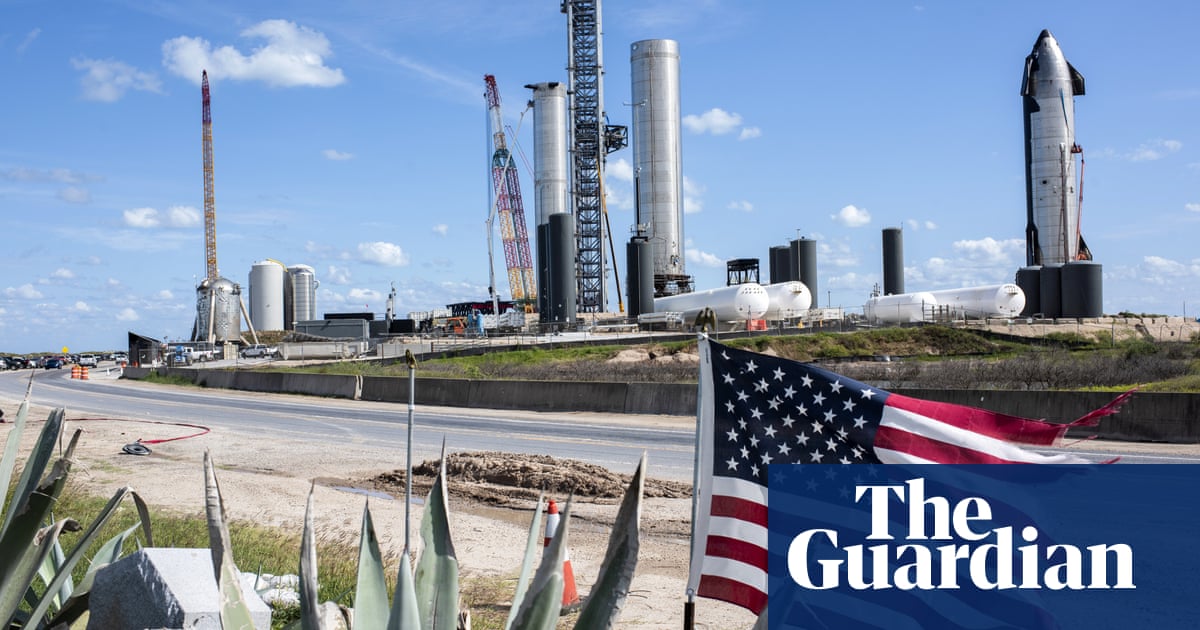Pierre Poilievre and Peter Dutton began the year as leaders in waiting. With national elections in Canada and Australia on the horizon, both leaders were consistently leading in the polls. But a mere four months later, the votes have come and gone and their parties remain out of government. In the process, both suffered the indignation of losing the seats they held for more than two decades.
On Sunday, as the results of the Australian elections were broadcast across the world, international media were quick to blame one man: Donald Trump. “First Canada, now Australia?” asked the Wall Street Journal, with the paper claiming the “Trump factor” had boosted Australian prime minister Anthony Albanese’s chances. CNN called it “the Trump slump” and suggested the phenomenon was spreading.
But experts and analysts disagree over how much the sledgehammer of Trump’s first 100 days in office has really played in reviving the fortunes of centre-left parties in Canada and Australia.
‘Zero-sum’ politics
Poilievre and Dutton – both self-professed fans of “straight talking” – appeared to take Trump’s victory in November last year as a sign of a broader shift to the right in international politics.
Poilievre’s message was sharply honed to focus on former Liberal leader Justin Trudeau’s near decade in power. He vowed to end “woke ideology” and take on the “global elite”. His slogan “Canada First” seemed to deliberately invoke Trump.
In Australia, Dutton promised a “government efficiency” department which echoed the US Department of Government Efficiency (Doge), led by Elon Musk. He lent into culture war issues by claiming the use of the Aboriginal and Torres Strait Islander flags was “dividing” the country and pledged not to display the flags if he was elected. A promise to end public servants working from home led Labor to accuse Dutton’s Coalition of stealing policies from the United States.
“It was very clearly following along with Trump and the general attacks on wokeness,” says David Smith, associate professor in American politics and foreign policy at the Australia based US Studies Centre.

But then Trump’s term began in earnest and the reality of his “zero-sum” politics became clear.
The president’s threats to make Canada the “51st state”, the imposition of a fresh trade war, coupled with Trudeau’s resignation and the rise of Mark Carney brought about a resurgence in the Liberal’s fortunes. By March they were leading in the polls.
“Trump had a far more direct effect on the Canadian election campaign … He was basically in the Canadian election,” Smith says.
“Despite that, the Conservatives actually performed very respectably,” Smith adds, noting the party gained seats and earned almost 42% of the popular vote. Liberal gains came largely at the expense of a third party: the progressive New Democrats.
Polling shows that both countries view the US less favourably since Trump took office, but analysts in Australia say that the president’s effect on the campaign there was far less direct.
“Blaming it on Trump downplays both how well the Canadian Conservatives were able to cope with that situation, and also just how many other things went wrong for Dutton and for the [Coalition],” says Smith.
Although the polls were looking bad for Labor until the time of Trump’s inauguration – and then started to turn around as Trump announced tariffs and humiliated Volodymyr Zelenskyy in the Oval Office – Smith notes that these events also coincided with the Australian campaign intensifying, the Reserve Bank cutting interest rates and Dutton coming under greater scrutiny.
As the campaign intensified, Dutton offered confusing messages on where the axe would fall in public service jobs.
Although events in the US often dominated evening news bulletins, debate over the course of the campaign was focused on the Coalition’s plan to overturn a national ban on nuclear power, housing supply and the nuances of competing tax policy.
“What people care about most is cost of living,” says Smith. “What they don’t want to see is one side of politics banging on about pretty trivial culture war issues.”
The ‘anti-Trump’ vote
Research shows that during times of global turmoil, voters are more likely to stick to what they know. Albanese presented himself as a safe pair of hands and has promised to go slow with no surprises. As a central banker in Canada and the UK, Carney navigated the economic crisis of 2008 and the post-Brexit shock of 2016. “I am most useful in a crisis,” he said on the campaign trail. “I’m not that good at peacetime.”
In recent years, global politics has moved in cycles that has seen the fortunes of centre-left parties ebb and flow in direct contrast to the slow revival of the far-right around the world. In 2019, after Labor’s surprise loss in Australia’s election and Boris Johnson’s renewed majority in the UK, many commentators asked if centre left politics were dead and buried.
Smith says it’s too soon to tell whether other parties around the world will benefit from an “anti-Trump” vote – but the president’s policies are clearly not boosting centrist politicians everywhere.
Nigel Farage’s hard-right Reform UK party made huge gains in local elections last week, making deep inroads into Labour and Conservative heartlands. Meanwhile, George Simion, an ultranationalist who calls himself Donald Trump’s “natural ally” secured a decisive win in the first round of Romania’s presidential election on Sunday.
But Smith says Carney and Albanese have sketched an outline for how to win elections in the current political climate.
“Mark Carney basically made Trump his opponent in the election,” he says. “If things get really bad in the US … then you may see more politicians taking this line.”
“He could continue to play a role in other countries’ elections. We’ve just got to be careful not to attribute everything to him.”

 1 month ago
31
1 month ago
31

















































